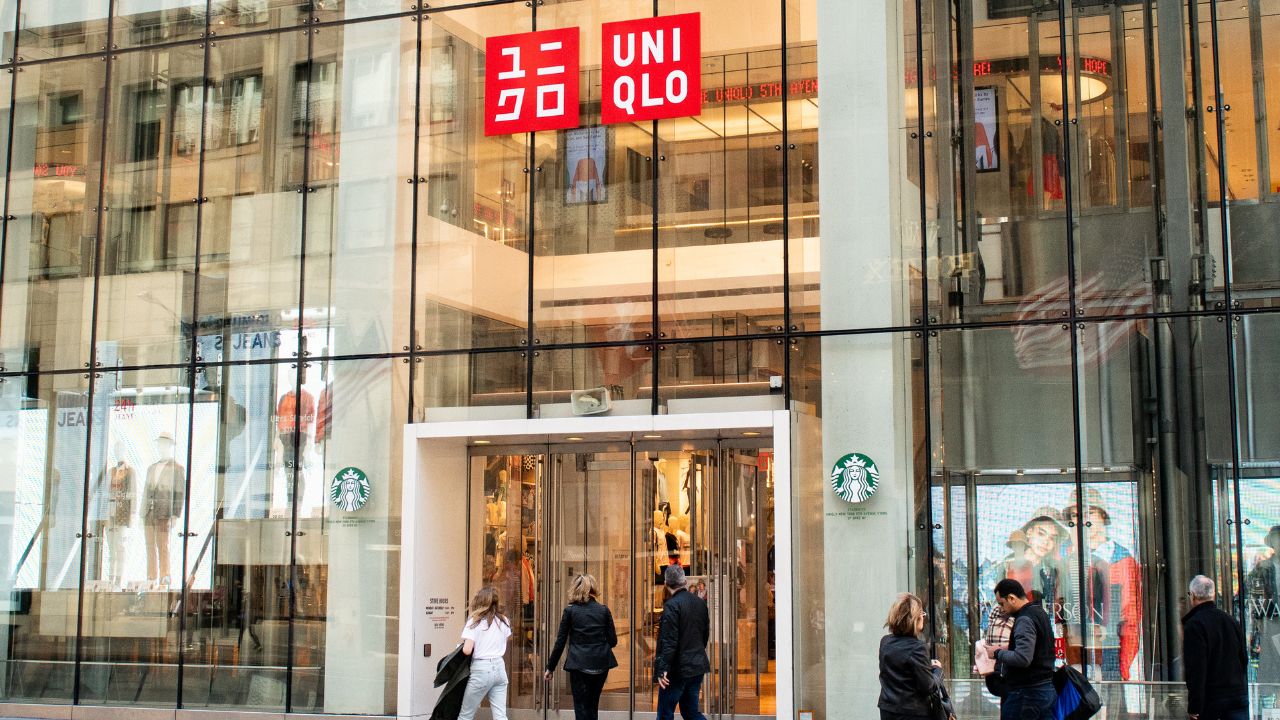

This week, media had the opportunity to take a seat at the “sustainability roundtable” to have an open discussion with Japanese global retailer, Uniqlo, and its parent company, Fast Retailing. The purpose of the event was to highlight its sustainable goals for the coming years. The brand said that it has always put sustainability first (for the last 20 years to be exact), but now it’s increasing its focus on the subject.
Kazumi Yanai, the Chairman of Uniqlo USA, spoke about the need for evolving the definition of sustainability according to the brand’s Japanese DNA and history. “We don’t want to say something we can’t achieve,” Yanai said.
Some of Uniqlo’s new goals for the future include: going carbon neutral by 2050, shifting to 100% renewable energy, producing 50% of Uniqlo’s clothing with 50% recycled materials by 2030, having zero waste, and being able to trace raw materials.
The brand has reduced over 18,000 tons of carbon emissions in one year (2019 to 2020). Their goal is to have it reduced by 90% in 2030.
To shift to 100% renewable energy, the brand is set to release energy-efficient stores in 2023 that have fewer light fixtures, more natural light, and improved air conditioning efficiency. The brand also claims that all of their stores will shift to using 100% renewable energy this fiscal year.
When creating a product that means using 50% recycled materials while emitting very low greenhouse gas emissions. As for polyester and synthetics that are often found in clothing, Uniqlo has been using polyester that is made up of about 15% recycled PET bottles.
The brand hopes to be able to achieve zero waste in packaging by eliminating single use plastics, as well as being more transparent in the future.
Some of the products that are already implementing these initiatives are Uniqlo’s denim, activewear and winter jackets.
The brand claims to use only a teacup of water to make (a typical pair of denim uses 1,500 gallons of water to make). As stated on the website, denim uses eco-stones instead of the traditional pumice stone, to give the denim a stone washed look, making sure the denim is washed significantly less to get the perfect look. Uniqlo is also creating a portion of its sportswear with recycled PET bottles and utilizing long lasting materials with benefits such as UV protection and sweat and odor control.
In the winter months, Uniqlo’s down jackets are made with recycled down, while the fleece jackets are made with 30% recycled polyester.
In addition to the brand’s sustainable fashion initiatives, Uniqlo has partnered with charities locally and globally such as: NYC Public School D75 for retail training, mentorship, and scholarships; Charity Water, which implements clean water projects in developing countries, and provides consistent refugee support. In light of the war in Ukraine, the brand has donated $10 million to the United Nations Human Rights Council (UNHRC) as well as clothing. Uniqlo was also the only company to go to Fort Dix to help refugees in Afghanistan.
At the conclusion of the event, Uniqlo acknowledged that even though strides have been made, there is always room for improvement. Seems like they’re off to a strong start.














